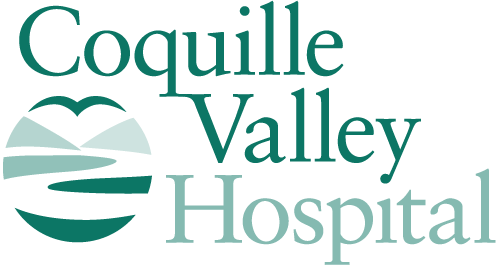6 Tips To Be Prepared For Your Medical Appointment
Published October 17, 2023

Mentally preparing for an upcoming appointment with your primary care provider can be a bit overwhelming, especially if you have several healthcare concerns to discuss. But it’s important to play an active role in your healthcare, and to expect clear and honest communication between you and your provider.
The National Institutes of Health suggests that patients be as upfront as possible with their primary care provider or any specialist they are referred to when sharing concerns about aging, mental health or specific diseases, for example.
Here are six tips to be prepared for your appointment:
- Before your appointment, write down your current health concerns and questions to ask your provider. Make particular note of any changes you’ve noticed since your last visit. Don’t leave anything out; even the smallest details are important.
- Learn how to access your patient portal so that you can track your previous test results, see your current medications list and other important information ahead of your visit. Accessing your patient portal will also be important after the visit if you are to follow a new treatment plan or are prescribed new medications, etc. You can also communicate with your provider through the patient portal.
- Consider bringing a trusted family member or friend with you to the appointment to help you interpret information. This is usually helpful for aging family members who can benefit from two people hearing what the provider is saying, rather than receiving and processing the information alone. This trusted person can have your questions in hand, too, and help you ask what you want to know.
- Take notes. Either take notes yourself or ask a family member or friend to take the notes for you, so you can focus on what the provider is saying. Some providers might be willing to let you record the visit as a voice memo on your phone, so you can focus on the conversation and refer back to it later; always ask for permission prior to recording.
- For post-visit communication, ask how your healthcare provider prefers to be contacted. In most cases, providers prefer to communicate through an online healthcare portal, which is very similar to sending and receiving emails.
- When it comes to basic questions about symptoms or drugs you’ve been prescribed, nurses and pharmacists are often good sources of information. These experts will direct you to ask your primary care provider for more specifics, if necessary.
If you are experiencing healthcare issues that require lab tests to help with a diagnosis and a course of treatment, your readiness to ask questions and take notes will serve you well. Carry a notebook, which includes a pocket folder, to organize all the information – including any handouts, drug facts, appointment reminders, etc. – and keep it all in one place so that it’s easy to refer to at future appointments.
Subscribe to our monthly emails for Your Well-Being! Get health and wellness tips, hospital news, staff spotlights, career opportunities, our cafe menu and more, sent right to your inbox!
DISCLAIMER: No content on this website, regardless of date, should be used as a substitute for direct medical advice from your primary care provider.




